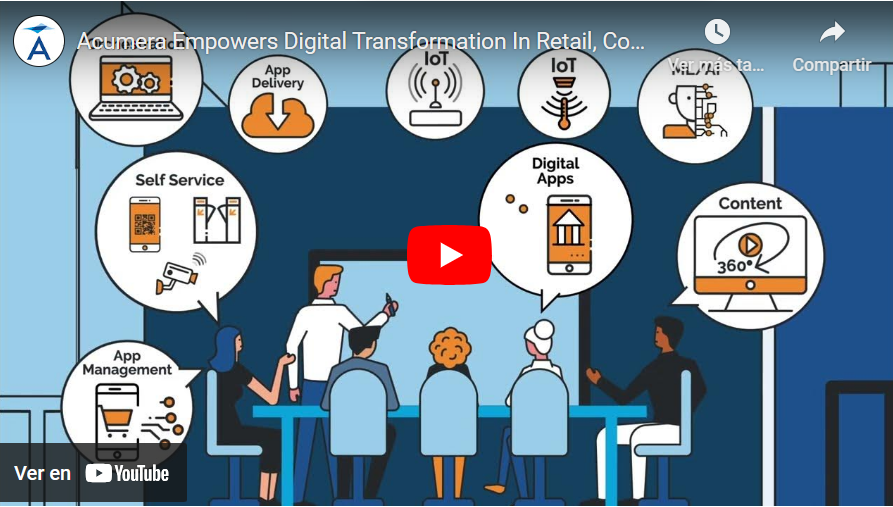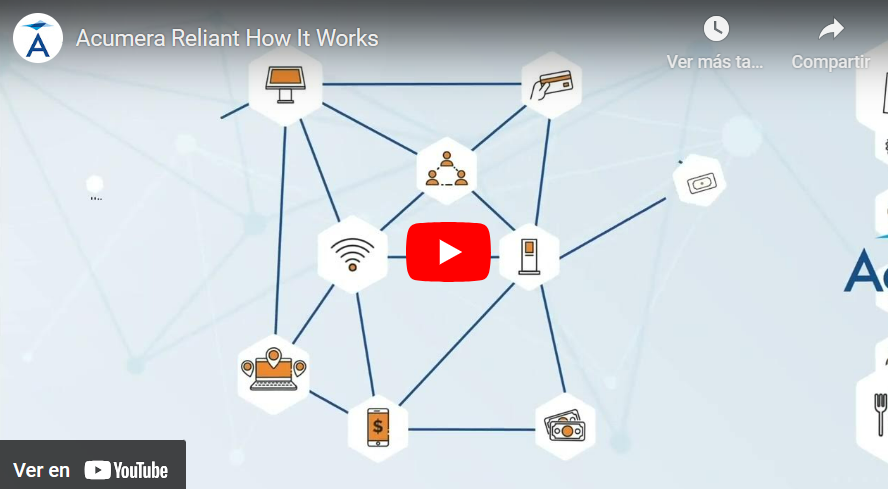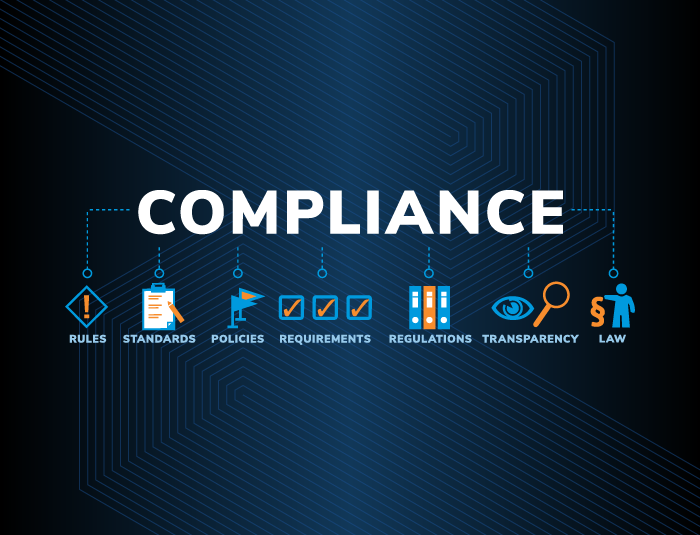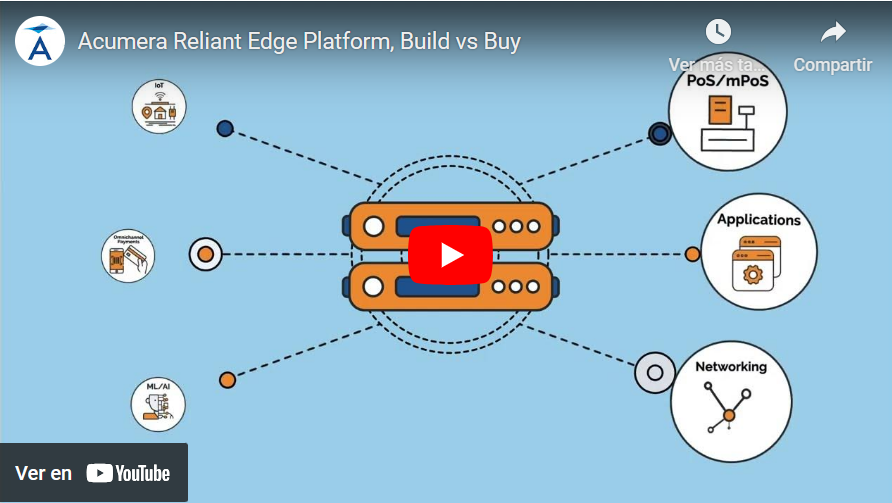
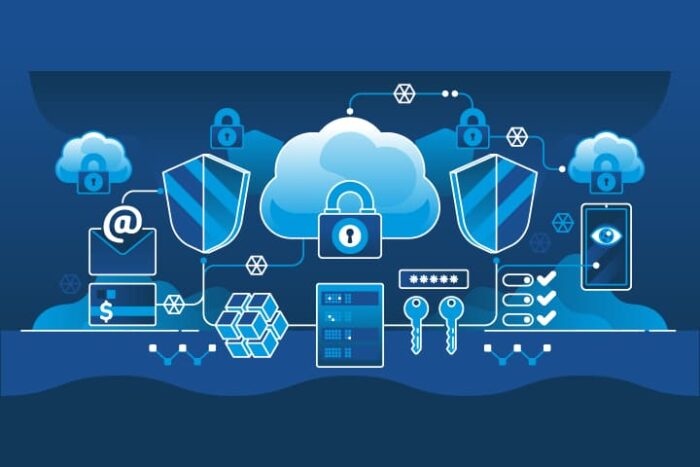
Endpoint security is a crucial aspect of protecting an organization’s networks and devices from cyber threats. As businesses increasingly rely on connected devices and remote work, the need for robust endpoint security has never been more critical. We are delving into the fundamentals of endpoint security, its importance, and how it can be effectively implemented to safeguard sensitive data and maintain compliance with industry regulations.
What are the Three Main Types of Endpoint Security?
Endpoint security systems can be categorized into three primary types:
- Anti-malware Software: This type of security software is designed to detect, prevent, and remove malware, viruses, and other malicious software from endpoints.
- Firewalls: Firewalls act as a barrier between the endpoint and the internet, monitoring and controlling incoming and outgoing network traffic based on predetermined security rules.
- Intrusion Detection Systems (IDS): IDS monitor network traffic for suspicious activities or policy violations, alerting administrators to potential security breaches.
Each of these endpoint security components plays a vital role in protecting against specific threats, working together to create a comprehensive security framework.
Who Needs Endpoint Security?
Endpoint security solutions are essential for businesses and organizations across diverse industries, including:
- IT and technology companies
- Retail and e-commerce businesses
- Healthcare providers and institutions
- Hospitality providers
- Financial services and banking sector
- Government agencies and public sector entities
Regardless of the size or nature of the organization, endpoint security protection platforms are necessary. Small businesses with limited IT resources are just as vulnerable to cyber threats as large enterprises handling vast amounts of sensitive data. Endpoint security solutions can be scaled and customized to meet the unique needs of any organization.
Why is Endpoint Security Important?
The importance of endpoint security cannot be overstated in today’s digital landscape. Key reasons for implementing robust endpoint protection measures include:
- Data Protection: Endpoint security helps prevent unauthorized access, theft, or manipulation of sensitive data, such as customer information, financial records, and intellectual property.
- Regulatory Compliance: Many industries have specific data security regulations, such as HIPAA in healthcare and PCI DSS in retail. Endpoint security is crucial for maintaining compliance, protecting customer data, and avoiding costly penalties.
- Threat Prevention: With the increasing sophistication of cyber threats, endpoint security acts as a first line of defense, identifying and blocking potential attacks before they can cause significant damage.
According to a recent study by IBM, the average cost of a data breach in 2022 reached $4.35 million, emphasizing the financial impact of inadequate security measures.
How Does Endpoint Security Function?
Endpoint security systems function by continuously monitoring and analyzing activity on connected devices. Key functionalities include:
- Real-time monitoring of device behavior and network traffic
- Threat detection using signature-based and behavioral analysis techniques
- Automated response mechanisms to isolate and neutralize identified threats
- Centralized management and reporting for high visibility and efficient security administration
To illustrate endpoint security in action, consider a scenario where an employee accidentally downloads a malicious email attachment. The endpoint security system would detect the malware, quarantine the infected file, and alert the security team, preventing the threat from spreading across the network.
How is Endpoint Security Different from Firewall and Anti-malware Software?
While firewalls and antivirus software are essential components of a comprehensive security strategy, endpoint security takes a more holistic approach. Key differences include:
- Integration: Endpoint security solutions often integrate multiple security features, such as antivirus, firewall, and intrusion detection, into a single, unified platform.
- Broader Scope: Endpoint security extends beyond traditional perimeter defenses, protecting devices both within and outside the corporate network.
Centralized Management: Endpoint security platforms offer centralized management and visibility, allowing administrators to monitor and control security across all connected devices from a single console.
What is Endpoint Security Software?
Endpoint security software refers to the suite of tools and applications designed to protect endpoints from cyber threats. These software packages typically include:
- Antivirus and anti-malware modules
- Firewall and network access control features
- Intrusion detection and prevention capabilities
- Data encryption and secure communication protocols
- Centralized management and reporting interfaces
What Are the Elements of Endpoint Protection Software?
Endpoint protection software consists of several key elements that work together to provide comprehensive security. These include:
- Threat Prevention: Proactive measures to block known and emerging threats, such as signature-based detection and behavioral analysis.
- Threat Detection: Continuous monitoring and analysis of endpoint activity to identify potential security breaches or anomalies.
- Threat Response: Automated mechanisms to isolate, contain, and remove identified threats, minimizing the impact of a security incident.
- Centralized Management: A unified console for managing security policies, deploying updates, and generating reports across all protected endpoints.
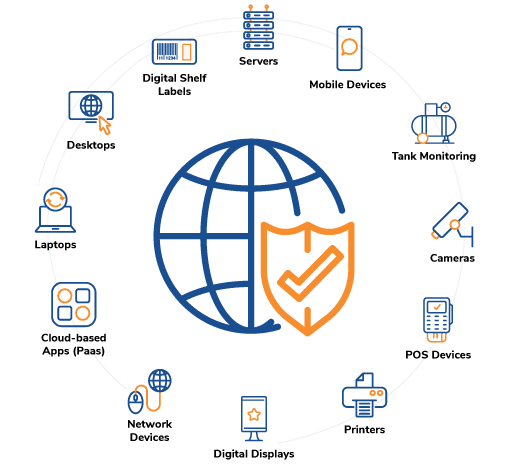
What are the Methods Used to Implement Endpoint Security?
Implementing endpoint protection solutions involves a combination of technical solutions and best practices. Key methods include:
- Deployment of Endpoint Security Software: Installing and configuring endpoint protection software on all devices, ensuring consistent coverage and up-to-date protection.
- Network Segmentation: Dividing the network into smaller, isolated segments to limit the potential impact of a security breach and improve access control.
- Access Control Policies: Implementing strict access control measures, such as role-based permissions and multi-factor authentication, to prevent unauthorized access to sensitive data.
- Employee Training: Educating employees on cybersecurity best practices, such as identifying phishing attempts and reporting suspicious activities, to create a strong security culture.
Regular Updates and Patches: Ensuring all endpoint devices and software are kept up-to-date with the latest security patches and updates to address known vulnerabilities.
What are Common Endpoint Security Solutions?
Endpoint security technologies have evolved into sophisticated systems designed to protect organizations from a wide array of cyber threats. At their core, these technologies focus on safeguarding the endpoints of a network—devices like computers, smartphones, and tablets—that serve as points of access to corporate environments. The importance of these technologies has escalated in an era where the perimeter of networks has blurred, with the adoption of remote work and the proliferation of mobile devices requiring security beyond traditional defenses.
Core Components of Advanced Endpoint Security Technologies
These technologies incorporate a blend of advanced techniques to offer comprehensive protection:
- Machine Learning and AI: Utilizing artificial intelligence and machine learning algorithms, modern endpoint security systems can predict and identify new threats by analyzing patterns and anomalies in data, often recognizing malicious activities before they are executed.
- Behavioral Analysis: This involves monitoring the behavior of applications and users to detect irregular activities that could indicate a threat, such as unusual access patterns or changes to sensitive files, providing a dynamic approach to threat detection beyond static, signature-based methods.
- Endpoint Detection and Response (EDR): EDR technologies offer continuous monitoring and response capabilities, collecting data from endpoints to identify threats. They also provide tools for investigation and remediation, allowing security teams to respond swiftly to incidents.
- Zero Trust Security Models: Endpoint security technologies are increasingly incorporating principles of zero trust architecture, which assumes that threats can originate from anywhere, thus verifying every access request as though it originated from an untrusted network.
- Encryption and Data Protection: To secure data even if a device is compromised, endpoint security technologies often include robust encryption methods, ensuring that sensitive information is unreadable to unauthorized users.
- Unified Endpoint Management (UEM): This integrates security and management functions across devices, offering centralized control over security policies and simplifications in deploying updates, enforcing compliance, and managing threats.
These components underline the shift towards integrated and intelligent security systems capable of defending against modern cyber threats’ complexity and sophistication. By focusing on a holistic security posture that encompasses not just endpoint detection but also prevention and response, endpoint security technologies are pivotal in ensuring organizational resilience against cyber disruptions.
The Strategic Implication of Adopting Advanced Endpoint Security Technologies
For businesses, the strategic deployment of advanced endpoint security technologies is not merely an IT concern but a central component of risk management. It underlines the imperative to protect critical assets, maintain business continuity, and safeguard customer trust amidst the growing cyber threats landscape. With the right approach to endpoint security, organizations can achieve a robust security posture, reducing their vulnerability to cyber attacks and aligning their defense mechanisms with the evolving digital threats.
What is the Difference between Endpoint Security Platforms and Endpoint Connection Service?
Endpoint security platforms and endpoint connection services serve different purposes in the overall security landscape:
- Endpoint Security Platforms: These are comprehensive solutions that combine multiple security features, such as anti-malware, firewall, and intrusion detection, into a single, integrated platform. They focus on protecting endpoints from various cyber threats and providing centralized management capabilities. Acumera specializes in creating secure networks for your endpoints, with our AcuVigil™ Platform and Secure Edge Devices.
Endpoint Connection Service: This type of service focuses on securely connecting endpoints to corporate networks and resources. Endpoint connection services, such as AcuLink™ by Acumera, provide a secure and reliable way to manage and monitor remote endpoints, ensuring the integrity and availability of network connections.
How to Choose the Ideal Endpoint Security Solution?
Choosing the right endpoint security solution depends on various factors specific to your organization’s needs. Consider the following criteria when evaluating options:
- Scalability: Ensure the solution can easily scale to accommodate your organization’s growth and adapt to changing security requirements.
- Ease of Integration: Look for a solution that seamlessly integrates with your existing IT infrastructure and workflows, minimizing disruption and simplifying management.
- Cost: Evaluate the total cost of ownership, including upfront costs, ongoing maintenance, and potential upgrade expenses, to ensure the solution fits within your budget.
- Industry-Specific Requirements: Consider any regulatory or compliance requirements specific to your industry, such as HIPAA for healthcare or PCI DSS for retail and hospitality, and choose a solution that aligns with these standards.
Vendor Support: Assess the level of support and resources provided by the vendor, including technical assistance, training, and regular software updates, to ensure a smooth implementation and ongoing success.
Conclusion
In today’s increasingly connected world, endpoint security is a non-negotiable aspect of any organization’s cybersecurity strategy. By understanding the fundamentals of endpoint security, its importance, and the various solutions available, businesses can make informed decisions to protect their networks, devices, and sensitive data from ever-evolving cyber threats.
Whether you are an IT professional in hospitality, retail, convenience, or any other industry, investing in a robust endpoint security solution is crucial for maintaining the integrity of your systems and ensuring the trust of your customers. To explore how Acumera’s endpoint security solutions can help safeguard your organization, request a demo today and take the first step towards a more secure future.


